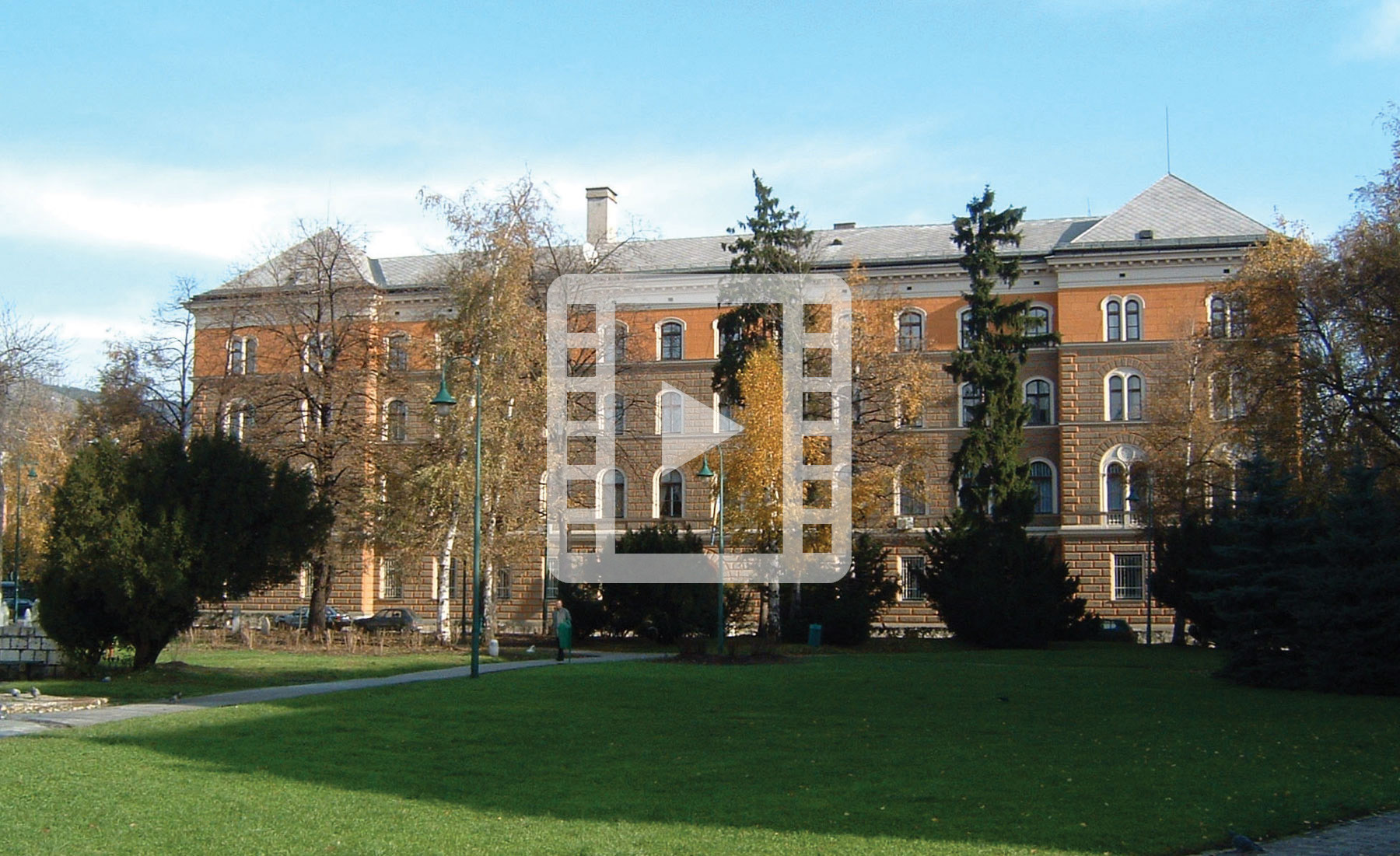On 28 April 2025, the Constitutional Court of Bosnia and Herzegovina held the 157th plenary session online.
At this session, the Constitutional Court granted the appeals concerning a violation of the right to a fair trial within a reasonable time, as it was determined that certain proceedings before ordinary courts had lasted longer than 12 years without the ordinary courts providing the explanation for such lengthy proceedings. On the other hand, in one case the criminal proceedings that are not complex are pending for more than three years and there months now, to which the Municipal Court contributed decisively as it took that court one year, three months and 11 days to draft the first instance judgment and forward it to the appellant.
The Constitutional Court also adopted a considerable number of decisions in which the appeals were rejected as inadmissible for being manifestly (prima facie) ill-founded. That implies that there is nothing in an appeal and the contested decision to indicate that the appellant’s contentions raise the constitutional issues that the appellant invoked, that is, there is nothing to indicate that the appellant made a “justified request” within the meaning of Article 18(4) of the Rules of the Constitutional Court which would require the examination of the merits thereof. Accordingly, those contentions are manifestly (prima facie) ill-founded.
The Constitutional Court considers it appropriate to inform the citizens about situations in which they should not unnecessarily litigate before courts and burden ordinary courts, and incur the costs of the proceedings that have no chance of success whatsoever.
One such situation is the one where the appellant’s request to be exempted from the obligation to pay conveyance tax was dismissed by a final decision. In that case the second instance court reasoned that it was determined in the proceedings that the appellant was liable to pay the conveyance tax for the real estate to which she acquired the right of co-ownership based on the inheritance from her deceased husband, division and usucaption. In particular, the appellant has already been registered as a co-owner in the land registry of the part of the real estate that she acquired through inheritance from her husband and that transfer is not subject to taxation. However, the remaining co-ownership share that the appellant acquired based on a final court judgment is taxable. Specifically, the appellant filed a lawsuit for the determining of the co-ownership share based on division and usucaption, on which the Municipal Court adopted a judgment, so in this case it is a real estate transaction pursuant to a judgment of the competent court, which is subject to taxation.
The decision that is worth drawing attention to, refers to the procedure that ended with the disputed decision of the Cantonal Court, which declared the appellant responsible for the violation of the Law on the Basics of Traffic Safety on Roads in BiH. The Cantonal Court indicated in its explanation that the first instance court, based on the testimony of the heard witnesses and by examining the photographs from the scene, correctly established that the appellant parked his vehicle in a place marked with horizontal and vertical signals for people with disabilities. At the same time, the fact that the horizontal signaling is drawn in white and not yellow, as the appellant pointed out, does not change the description of the act of enforcement nor exclude the existence of the offense committed by the appellant.
The Constitutional Court also adopted a large number of decisions that rejected appeals due to the reasons set out in Article 18 of the Rules of the Constitutional Court, which prescribes various grounds for the inadmissibility of appeals (the Constitutional Court is not competent to make a decision, the deadline for filing an appeal has expired, the appeal was filed by an unauthorized person - no special power of attorney, changed legal circumstances, appeal ratione materiae incompatible with the Constitution, the appellant did not exhaust the legal remedies possible under the law, the appeal was premature, and other reasons).
All decisions adopted at the plenary session will be published on the website of the Constitutional Court of Bosnia and Herzegovina and delivered to the appellants no later than one month after their adoption.


